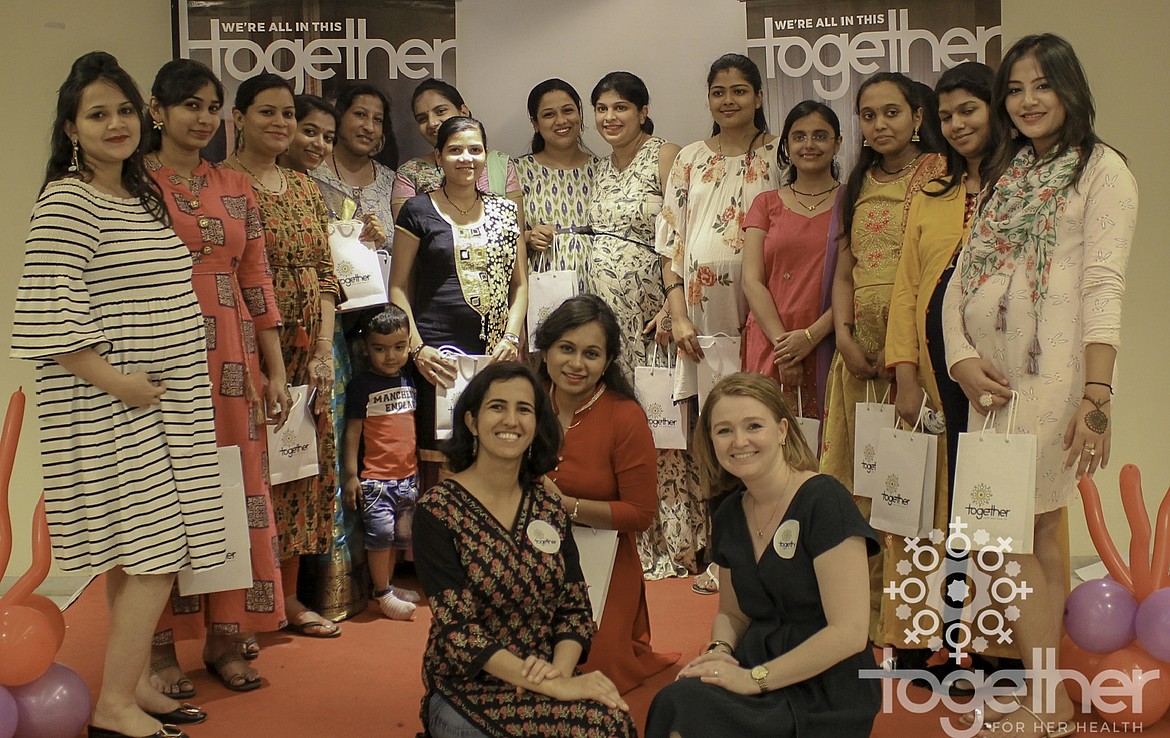Being a social business allows us to both do good but also make profit.
Alumna Anne Reijns
Together for Her is a social business striving to improve healthcare for mothers in India. Alumna Anne Reijns (MSc Marketing Management, 2013) joined the organisation as commercial director a year ago, and has since made significant progress. And she is determined to continue to make a difference in the lives of even more women.
What is it about your effort that makes a positive change?
“In India, less than 40 per cent of pregnant women attend prenatal appointments; they get only a quarter of the prenatal appointments that Western women get anyway. We see four main barriers: lack of knowledge; behavioural barriers (because it’s outside behavioural norm for men’s healthcare); access (availability and provision of transport); and affordability.
“The organisation has lowered these barriers in some parts of India to make maternal healthcare more accessible. In just one year, it improved quality of care in local hospitals in Mumbai, educated women in their own local language about their rights, and created a community called ‘the mother army’. Activities include baby showers, nutrition and breastfeeding consultation sessions, and very ordinary activities that bring pregnant women together.”
"Being a social business allows us to both do good but also make profit."
Why do you do it?
“I believe that the future lies in digital and personalised healthcare. First, I worked in marketing in a corporate environment. I wanted something new so I could create real impact, and my interest in healthcare grew when I worked for a start-up in digital preventative healthcare in Germany. Love brought me to India, where I learned of Together for Her. What we do makes a difference for those that need it most, which really brings purpose to my daily work. Plus, healthcare is mostly built around men, so there are many opportunities for changing healthcare to be geared towards women.”
What would you like to share with the younger generation?
“People often differentiate between NGOs and for-profit organisations. I think it’s important to realise that being a social business allows us to both do good and also make profit. The business plan allows venture capital to invest in Together for Her but we are also working for good – and there are several ways to help the underserved. I feel a lot can be learned from social businesses; there’s the business know-how and the social aspect of doing something in the best interests of others. Particularly because the younger generation wants to ‘do good’, we ought to spread this message about the possibilities for social businesses.”
